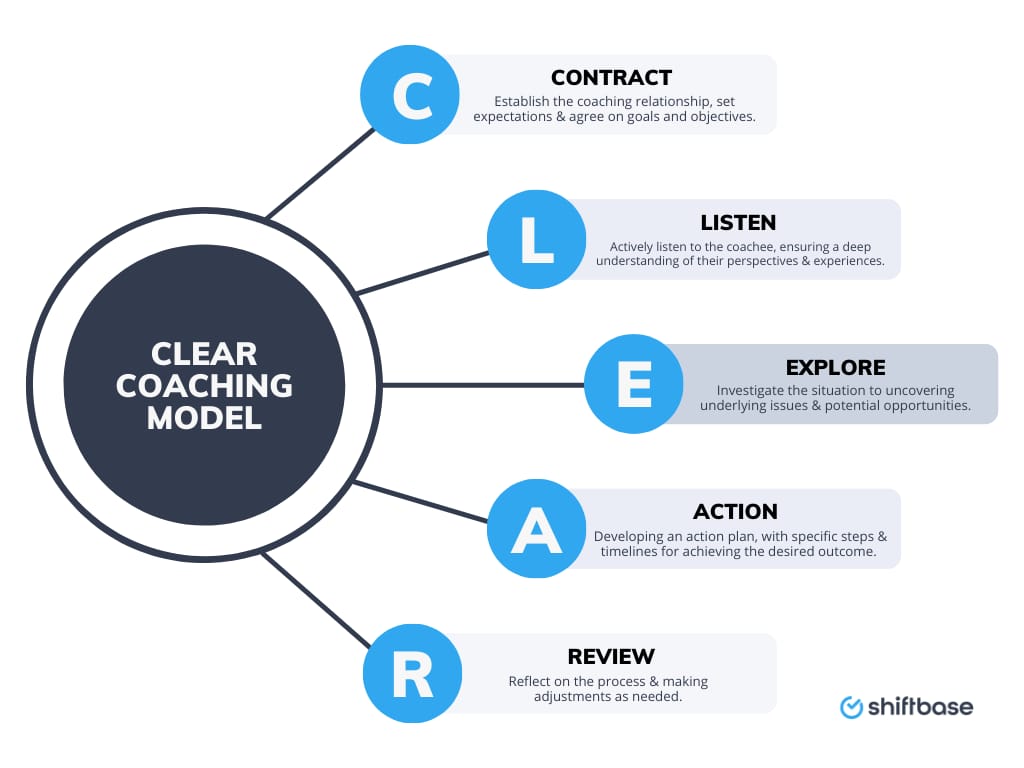The Power of Team Coaching Models in Enhancing Performance
In today’s fast-paced business environment, managers, HR professionals, and team leaders are constantly searching for effective methods to enhance team performance. One such method is the team coaching model, which has gained recognition for its ability to transform team dynamics and productivity. This approach focuses on developing a team’s collective skills and capabilities rather than just individual members.
Understanding the Team Coaching Model
The team coaching model is designed to improve team performance by fostering a collaborative and communicative environment. It operates on core principles of collective development, shared goals, and focused improvement. By establishing clear objectives and encouraging open communication, this model helps teams align their efforts towards achieving strategic goals.
The process of team coaching involves several stages, beginning with an assessment to understand the team’s current strengths and areas for improvement. This is followed by goal setting, where the team defines specific and measurable objectives they aim to achieve. Finally, action planning involves developing strategies and steps to reach these goals. Each stage is crucial in building a cohesive team that works efficiently and effectively.
The Role of the Team Coach
A team coach plays a vital role in supporting team development and effectiveness. They act as facilitators, guiding teams through the coaching process and helping them overcome challenges. By providing constructive feedback and fostering a culture of continuous learning, team coaches empower members to take ownership of their development and contribute to the team’s success.
Coaches use real-life examples and case studies to illustrate the impact of effective teamwork. These examples not only help teams understand the benefits of collaboration but also inspire them to apply these lessons in their own work environments.
Benefits of Team Coaching
Adopting a team coaching approach offers numerous advantages for both teams and organisations. Improved team dynamics and collaboration lead to higher productivity as team members work together more effectively. Enhanced communication skills reduce misunderstandings and conflicts, creating a harmonious work environment.
Increased motivation and engagement among team members result in higher job satisfaction and retention rates. Team coaching also develops problem-solving and decision-making skills, enabling teams to tackle challenges with confidence. This approach supports change management, helping teams adapt to new strategies and directions.
Sustainable improvement in team performance is another significant benefit. By focusing on collective growth, teams are better equipped to meet strategic objectives. Additionally, team coaching strengthens leadership skills among members, promoting shared leadership and responsibility.
Implementing a Team Coaching Programme
Successfully implementing a team coaching programme requires careful planning and execution. Organisations should start by selecting a qualified team coach who understands the team’s needs and objectives. Next, clear goals and expectations should be established to guide the coaching process.
Creating an open and supportive environment is essential for team coaching to succeed. Encouraging team members to share their thoughts and ideas fosters trust and collaboration. Regular feedback sessions help track progress and identify areas for improvement.
Organisational commitment to the coaching process is crucial. Management should demonstrate support for the initiative by providing necessary resources and recognising team achievements. This commitment reinforces the importance of team coaching and motivates members to actively participate.
Conclusion
Incorporating a team coaching model within an organisation offers immense benefits. From improved team dynamics and communication to enhanced problem-solving skills and leadership development, the advantages are clear. By implementing a structured and supportive team coaching programme, organisations can create a positive and inclusive culture that fosters innovation and creativity. Managers, HR professionals, and team leaders who prioritise team coaching will likely see sustainable improvements in performance and achieve strategic goals more effectively.




